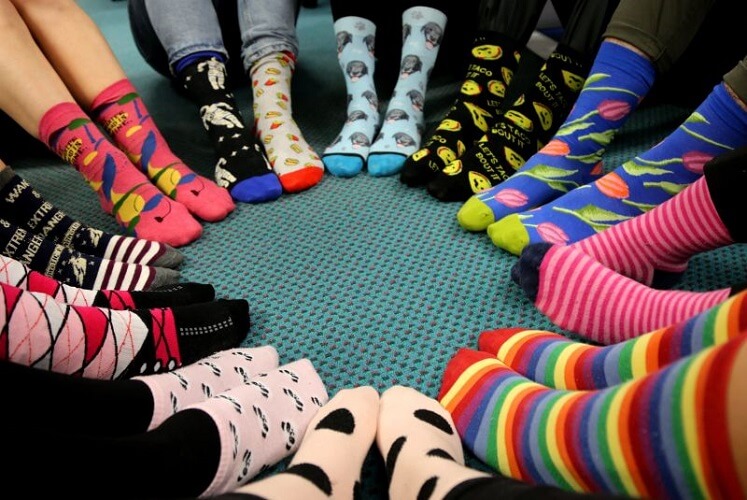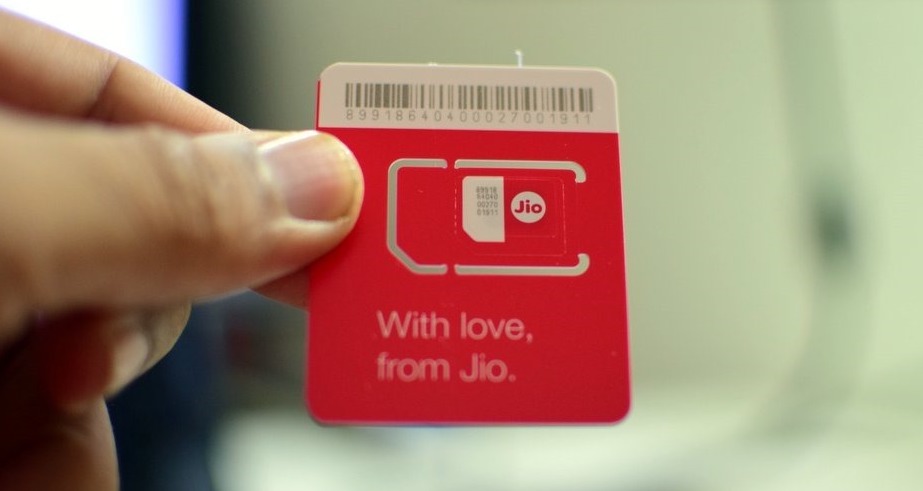The decentralized, secure, and transparent solutions provided by blockchain technology have revolutionized the globe. Beyond cryptocurrencies, it has a wide range of applications that affect a variety of sectors, including finance, healthcare, supply chains, and more. There is consequently a rising need for blockchain developers. This thorough beginner’s tutorial will take you from novice to expert developer if you want to start a career in blockchain programming. Embarking on a blockchain course is like setting sail on a thrilling voyage through the world of technology. Imagine it as your personal guide, introducing you to the wonders of blockchain from the ground up.
You’ll start by uncovering the secrets of decentralized ledger systems and cryptographic magic, learning how cryptocurrencies like Bitcoin and platforms like Ethereum work their digital charms. But it doesn’t stop at theory – you’ll roll up your sleeves and dive into hands-on activities. Picture yourself coding smart contracts, those self-executing digital agreements that power the blockchain. You’ll even get to craft your very own decentralized applications (DApps) – think of them as the innovative tools and apps of the blockchain world.

And here’s the exciting part: these courses aren’t just about the nuts and bolts of blockchain; they’re also your shield against the dragons of security threats. You’ll learn how to protect the treasures of the blockchain from any lurking vulnerabilities, ensuring that this technology remains safe and sound. Plus, as you explore the real-world applications and trends, you’ll realize that blockchain courses are like treasure maps leading to a wealth of career opportunities.
Whether you’re an aspiring developer, a business-savvy explorer, or just someone curious about the digital frontier, these courses are the compass you need to navigate the exciting world of blockchain. They’ll empower you to become a part of the transformation, contributing to transparent and secure solutions that could change the game in multiple industries. So, if you’re eager to embark on a quest for knowledge and innovation, enrolling in a blockchain course is your first step towards unlocking the treasure chest of opportunities in this dynamic and promising field.
Understanding Blockchain
It’s imperative to understand the foundations before delving into blockchain programming.
1. What Is Blockchain, exactly?
Blockchain is a distributed ledger technology that maintains transparency and immutability by recording transactions across numerous computers. It is made up of a series of blocks, each of which has a set of transactions in it.
Blockchain Functions
Learn about the consensus techniques that maintain the blockchain’s integrity, such as Proof of Work (PoW) and Proof of Stake (PoS). Peer-to-peer networks and decentralization are understood at their core.
Key Ideas
Learn the meaning of words like nodes, smart contracts, and cryptographic hashing since these are crucial to the development of blockchains.
2. Setting Up Your Environment
You need the appropriate setup and tools to begin blockchain development.
Select a Blockchain Platform
There are several other blockchain platforms, including Polkadot, Binance Smart Chain, and Ethereum. Choose one that is compatible with your project’s development objectives.
Programming Language
Solidity, Rust, and Vyper are the most common languages used for blockchain development. Select a language that works best with the platform you’ve chosen.
Development Situation
Utilize tools like Remix for Solidity, Truffle for Ethereum, and Substrate for Polkadot to set up your development environment.
3. Developing Smart Contracts
The details of the agreement between the buyer and seller are directly encoded into code in smart contracts, which are self-executing contracts.
What Are Smart Contracts?
Know how smart contracts work and what part they play in blockchain applications.
Smart Contracts Creation
Study the chosen blockchain platform’s smart contract coding and deployment procedures. Code samples will be given to demonstrate the procedure.
Smart Contracts Testing
To make sure your smart contracts work as intended, testing is essential. Examine best practices and testing frameworks.
4. Building a Decentralized Application (DApp)
DApps are blockchain-based programs with a range of features. They are made up of a front-end and a backend for smart contracts.
Front-End Development
For the front-end of your DApp, select a technological stack, such as HTML, CSS, JavaScript, and frameworks like React or Angular.
Including Smart Contracts in the Front-End
Learn how to use web3 libraries to connect the front end of your DApp to the blockchain.
Design and User Experience
Because user-friendliness is essential to success, create a flawless user experience and design for your DApp.
5. Hosting and Deployment
It’s time to launch your DApp onto a blockchain network once you’ve finished developing it.
Select a blockchain network
- Depending on the level of your project, choose the appropriate network, whether it’s a testnet or the mainnet.
- Process of Deployment Learn how to introduce your DApp and smart contracts to the selected blockchain network.
Hosting Options
Investigate several web hosting services, such as IPFS, conventional web hosting, or decentralized storage solutions, for your DApp.
6. Best Practices for Security
In blockchain development, security is crucial to safeguarding both your DApp and its users.
Code Auditing
- Know the value of code auditing and how to make sure your smart contracts are secure.
- Preventing Typical Vulnerabilities
- Find out about typical weaknesses like re-entrance attacks and how to avoid them.
- Security Equipment
- Investigate security tools and services, such as MythX and security audits, that can assist in protecting your DApp.
7. Upkeep and Modifications
- Deployment is just the beginning of your journey as a blockchain developer; maintenance and updates are the next steps.
- Monitoring and Improvement
- Learn how to track the performance of your DApp and tweak it for a better user experience.
Upgrade Smart Contracts
- Find out how to update smart contracts without affecting data integrity.
Support from the Community
- Join groups for blockchain developers for continuing assistance, knowledge exchange, and cooperation.
8. Real-World Projects
- Take on real-world projects and challenges to further reinforce your skills.
Competitions and Hackathons
- Take part in coding challenges and blockchain hackathons to show off your abilities and possibly win rewards.
Personal Initiatives
- Whether it’s a DeFi application, a blockchain game, or a supply chain solution, think about creating your own blockchain project
Volunteering and Freelance Work
- To obtain experience in the real world, look into chances for internships or freelance work.
Summary
The field of blockchain development is vibrant and exciting. You may put yourself on the road to becoming an expert blockchain developer by following this beginner’s guide. To master this fascinating technology, keep in mind that persistence and ongoing study are essential.
Embarking on the journey of blockchain development can be both exciting and rewarding, especially for beginners eager to explore this revolutionary technology. To start developing on blockchain, it’s essential to follow a structured path. A key stepping stone is enrolling in a comprehensive software development course that specifically focuses on blockchain technologies.
Supplemental Materials
For readers who wish to learn more about blockchain development, we’ll include connections to useful online courses, forums, books, and other resources in this article.
In conclusion, the field of blockchain development is one that is rife with possibility and creativity. You may master the intricacies of blockchain technology, develop your own blockchain applications, and start a lucrative career in decentralized innovation by referring to this thorough beginner’s guide. What are you still holding out for? It’s time to begin blockchain development and participate in the upcoming wave of technological advancement.








